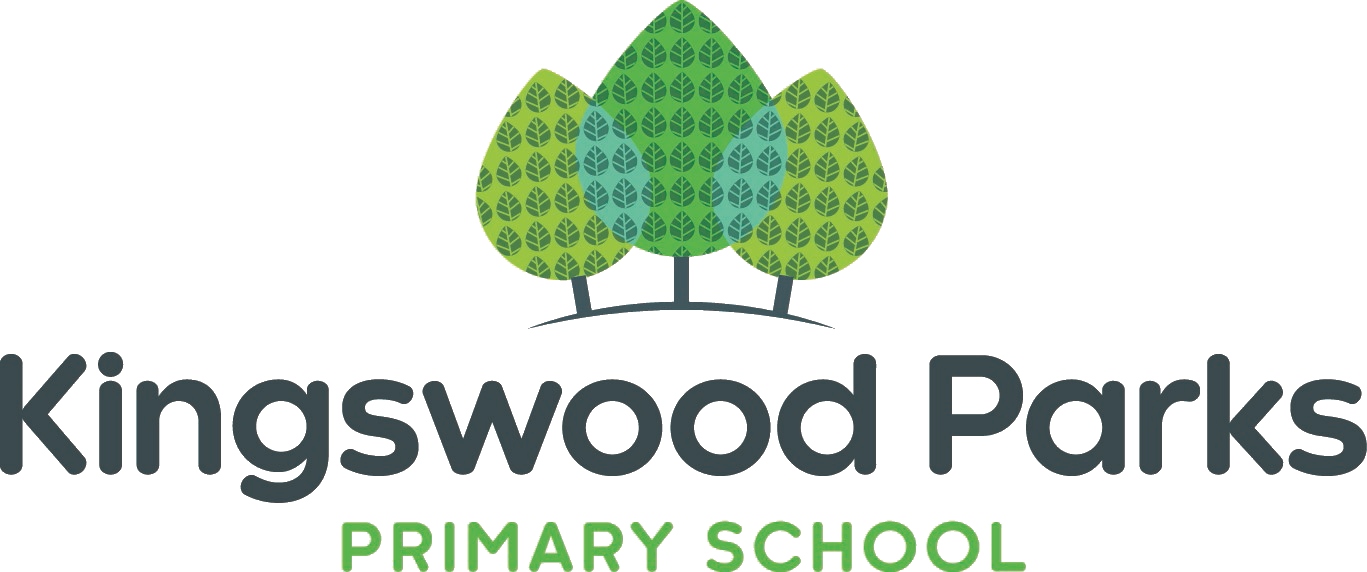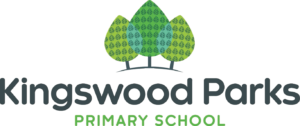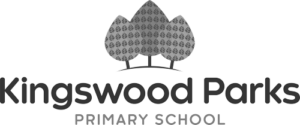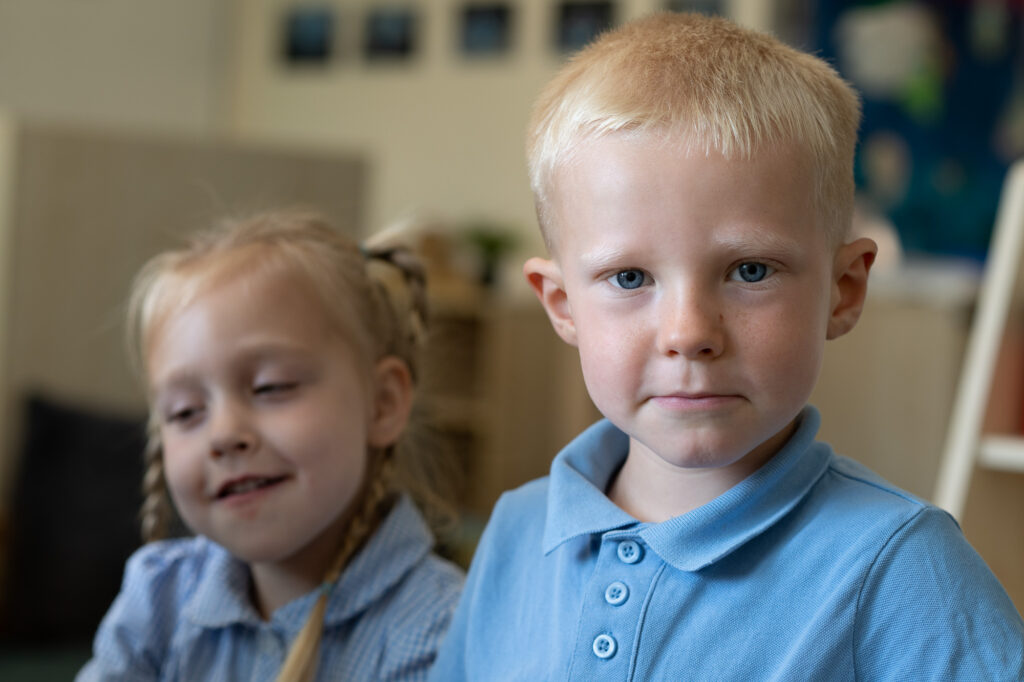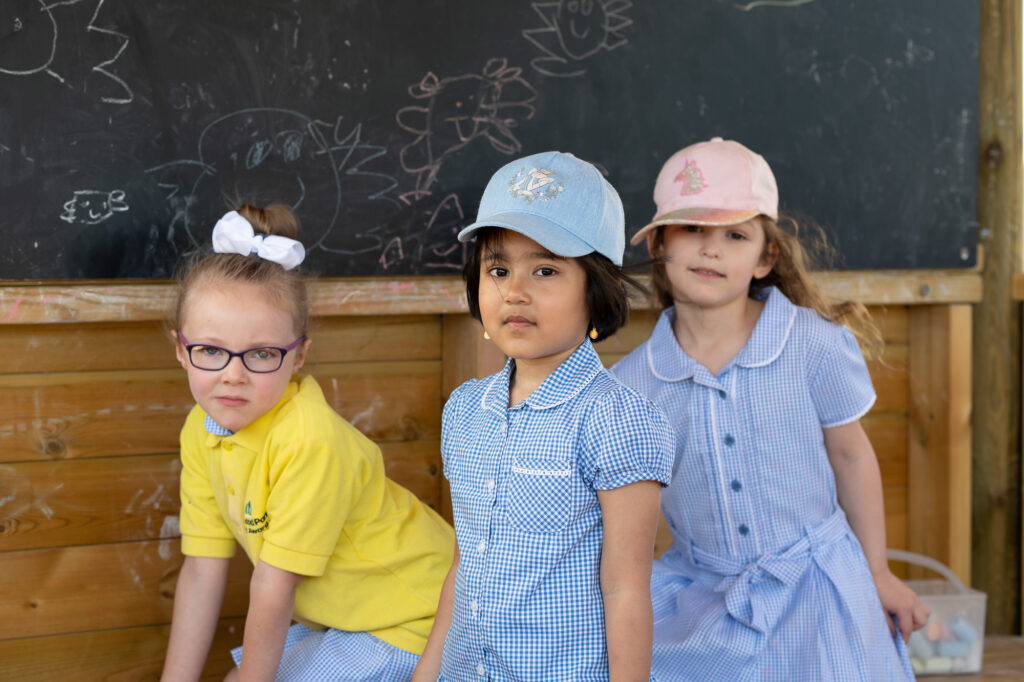Reading at Kingswood Parks Primary School
Children feeling engaged and enthused in reading underpins our approach to teaching reading and phonics.
We believe that children who read for pleasure are far more creative writers and have advanced comprehension and inference skills.
Phonics teaching runs throughout the Foundation Stage and Key Stage One, continuing on into Key Stage Two as targeted intervention.
Daily shared, guided and independent reading sessions teach children how to read, children are encouraged to read at home 5 times a week in order to develop their fluency and expression.
We have a vast range of books, which enable children to make progress in their reading at their own individualised rate.
As children become more proficient readers, they have the opportunity to choose texts to read for pleasure from the Reading Park.
Phonics
Reading and spelling walk hand in hand together; segmenting and blending are inverse operations. Therefore, we use the linguistic phonics programme, Sounds-Write, to teach both throughout the school.
The children are taught to both read and spell through explicit teaching and practice of a variety of skills and concepts:
Skills
• Blending
• Segmenting
• Phonic Manipulation
Concepts
• letters are symbols that represent sounds
• sounds can be spelled using 1,2 3 or 4 letters
• the same sound can be spelled in more than one way (rain, break, gate, stay)
• many spellings can represent more than one sound (head, seat, break)
In Reception and KS1, children have a daily phonics lesson following the clear, consistent and cumulative Sounds-Write programme. In Key Stage Two, children have 4 spelling lessons per week where the National Curriculum is taught using the Sounds-Write approach.
Children group and categorise words based on the sound-spelling correspondences and all lessons include both the reading and writing of vocabulary. Throughout the school, the Sounds-Write programme ensures a mastery approach to spelling due to its repeated exposure to a wide range of vocabulary.
In addition to their spelling lessons, children are constantly immersed in a vocabulary-rich environment through a broad and balanced curriculum. Whenever new words are encountered, they are analysed, taking into consideration the sound-spelling correspondences, syllable structure, etymology and morphology of the word as appropriate. We aim to promote a genuine interest and love for exploring words, committing both the meaning and spelling of the word to long term memory.
